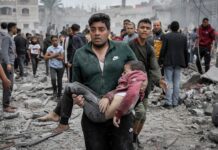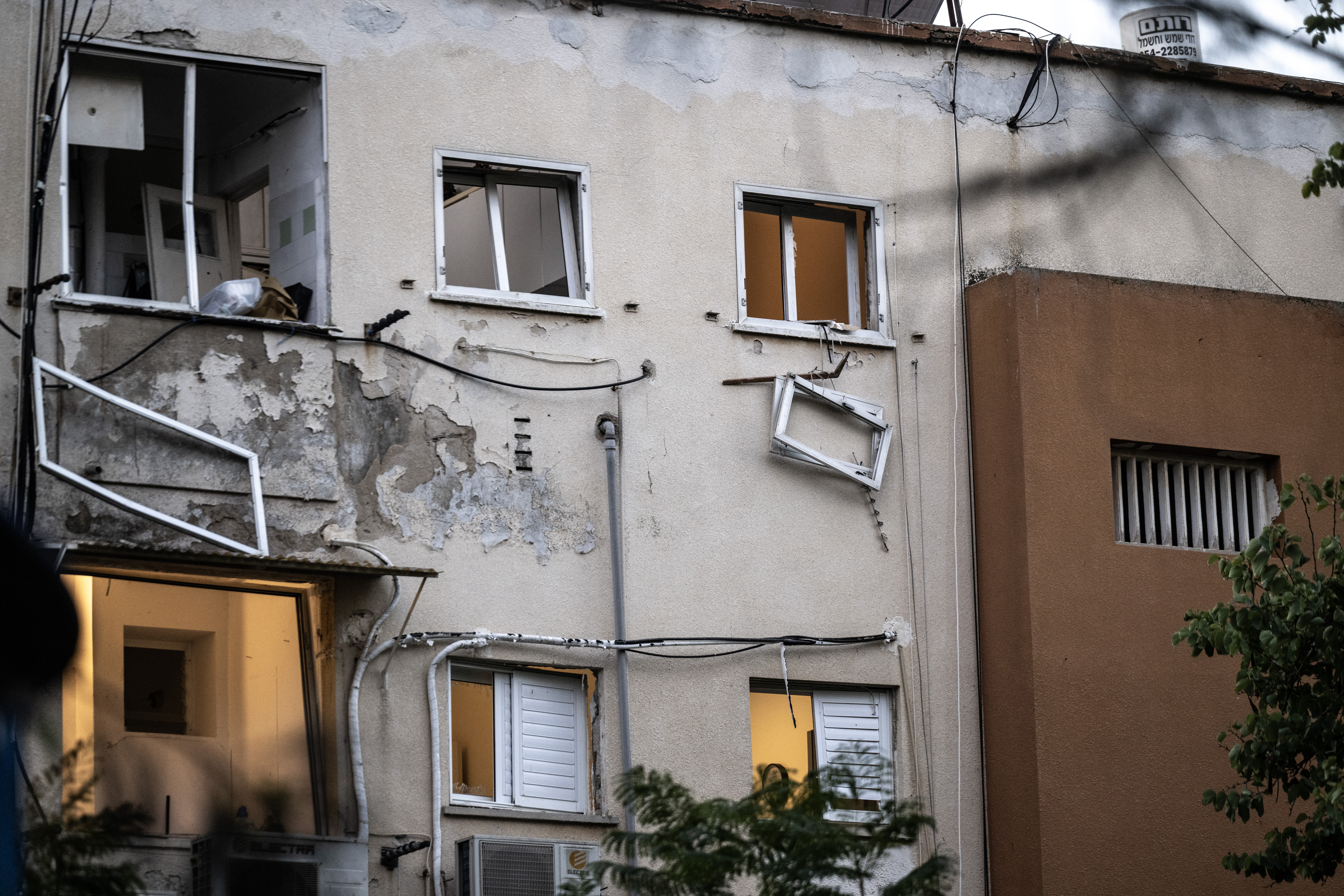
Israel and Yemen’s Houthis have intensified hostilities with missile strikes, retaliatory airstrikes, and the downing of a U.S. fighter jet over the Red Sea.
On December 21, a missile launched by the Houthis struck Tel Aviv-Jaffa, injuring 20 people and damaging residential buildings.
Earlier, drones bypassed Israeli defenses to strike targets in central and southern Israel. Houthi military spokesperson Yahya Saree claimed the strikes were a response to Israeli actions in Gaza, vowing continued attacks until the blockade on Gaza is lifted.
Israel retaliated with airstrikes targeting Houthi-controlled infrastructure, including power stations, ports, and oil facilities in Al-Hudaydah and Sana’a. These strikes resulted in nine civilian deaths and caused extensive economic damage, estimated at $313 million.
Israeli officials accused the Houthis of operating as a proxy for Iran, citing advanced weaponry and hypersonic missile capabilities that have strained Israel’s defense systems, including the Iron Dome and Arrow.
Prime Minister Benjamin Netanyahu condemned the Houthi attacks, describing them as part of Iran’s broader regional strategy to destabilise the Middle East.
Israeli military officials vowed continued operations to dismantle Houthi capabilities and ensure national security. However, recent reports have revealed vulnerabilities in Israel’s defense systems, with multiple failed attempts to intercept Houthi missiles, raising questions about the country’s preparedness.
Subscribe to our newsletter and stay updated on the latest news and updates from around the Muslim world!

Amid the hostilities, international involvement has deepened. On December 22, U.S. Central Command (CENTCOM) reported a US Navy F/A-18 fighter jet was downed over the Red Sea during operations against Houthi missile facilities.
While the U.S. described the incident as “friendly fire,” the Houthis claimed to have targeted the aircraft with cruise missiles and drones during an attack on the USS Harry S. Truman carrier group.
The U.S., alongside the UK, has conducted airstrikes against Houthi positions in Yemen, targeting command centres and missile storage facilities. These operations aim to protect critical maritime routes in the Red Sea and Gulf of Aden, frequently targeted by Houthi forces.
In response, the Houthis declared all American and British vessels military targets, escalating tensions further.
The Houthis have positioned themselves as key players in the “Axis of Resistance” against Israel, aligning their actions with solidarity for Gaza. Since October 2023, over 45,000 Palestinians have reportedly been killed in Gaza due to Israeli military operations. The Houthis have framed their actions as a response to this “genocidal war,” using missile strikes and drone attacks to disrupt Israeli operations and international shipping.
The humanitarian toll in Yemen continues to rise as Israeli airstrikes disrupt essential services in Al-Hudaydah and Sana’a. Civilian infrastructure, including ports and power plants, has been severely damaged, worsening an already dire economic and humanitarian crisis. UN Special Envoy Hans Grundberg has called for de-escalation, warning of catastrophic consequences if hostilities persist, but peace efforts remain stalled.
Iran’s involvement has been central to the conflict. Israeli and US officials accuse Tehran of providing advanced weaponry and logistical support to the Houthis, enabling their increased military capabilities. The Houthis have emerged as a dominant force in Iran’s regional strategy, particularly after setbacks faced by allies like Hezbollah and Syria’s Assad regime.




















